Abbas Kiarostami (Biography, Movies, Books)
Abbas Kiarostami is an iconic Iranian filmmaker, celebrated worldwide for his profound storytelling. His minimalist films explore themes like identity, existence, and the human condition. Kiarostami’s unique style uses simple narratives and deep emotions, making his work resonate globally. He is known for long takes, sparse dialogue, and a focus on everyday life. This distinctive approach draws audiences into quiet reflection. His films avoid conventional storytelling, offering powerful emotional and philosophical experiences.
Kiarostami played a key role in bringing Iranian cinema to global attention. As a pioneer of the Iranian New Wave, his works showcased Iran’s culture and humanity to the world. His legacy continues to inspire filmmakers today.
About Abbas Kiarostami
Abbas Kiarostami was born on June 22, 1940, in Tehran, Iran. He initially studied graphic design and photography at Tehran University of Fine Arts. These early artistic pursuits shaped his future in filmmaking.
He began his career with short films and documentaries in the 1960s. His early works highlighted everyday life in Iran, capturing authentic human experiences. This focus on realism became a hallmark of his style.
Kiarostami gained recognition in the 1970s with his feature films. His ability to blend fiction and reality set him apart. His breakthrough film, Where Is the Friend’s Home? (1987), earned international acclaim for its simplicity and depth.
Abbas Kiarostami Biography
Kiarostami grew up in Tehran, surrounded by the city’s rich culture. This environment shaped his artistic vision. His early interest in photography and design influenced his cinematic storytelling.
He started making short films in the late 1960s. These works focused on social issues and everyday life, reflecting his empathy for ordinary people. His first feature film, The Report (1977), gained local acclaim.
In the 1980s, Kiarostami gained global recognition. His films began to explore philosophical themes, using minimalist techniques. This period marked his rise as a leading voice in Iranian cinema.
Why Is Abbas Kiarostami Famous?
Abbas Kiarostami is famous for revolutionizing Iranian cinema and bringing it to the global stage. His films are celebrated for their depth, subtlety, and emotional resonance. Kiarostami’s ability to explore complex themes like life, death, and existentialism in simple, unassuming narratives set him apart from other filmmakers.
His international fame grew significantly with Taste of Cherry (1997), which won the Palme d’Or at the Cannes Film Festival. This recognition brought him to the forefront of world cinema, showcasing his unique ability to blend philosophical inquiry with minimalist filmmaking.
Additionally, Kiarostami’s films provided a humanized portrayal of Iran during a time when the country’s image was often misunderstood or misrepresented. His stories, which often centered around ordinary people, revealed universal truths about the human condition, making his work accessible to global audiences.
Abbas Kiarostami Movies
Abbas Kiarostami’s filmography includes some of the most influential and acclaimed films in modern cinema. One of his most famous works is Taste of Cherry (1997), a film about a man contemplating suicide and searching for someone to bury him. The film’s slow pace and reflective nature made it a critical success, earning him the prestigious Palme d’Or at Cannes.
Another standout is Where Is the Friend’s Home? (1987), which tells the story of a young boy trying to return his friend’s lost notebook. The film’s simplicity and its exploration of childhood innocence and morality have made it a staple in world cinema. This movie is among the top 10 Iranian movies that are a must-watch.
Other notable films include The Wind Will Carry Us (1999) and Certified Copy (2010). Both films continue Kiarostami’s exploration of themes like identity, the passage of time, and the nature of reality, solidifying his position as a master of contemplative cinema.
Abbas Kiarostami Books
In addition to his work as a filmmaker, Abbas Kiarostami was an accomplished writer. His books often delve into the art of filmmaking, providing insight into his creative process. The Kiarostami Reader is one of his notable works, offering a collection of essays and reflections on his films and the nature of cinema.
Kiarostami’s writings reflect his philosophical approach to filmmaking. In them, he discusses the importance of simplicity and the role of silence in storytelling. His thoughts on the art of cinema, especially about his own films, offer a unique perspective on how cinema can convey complex emotional and existential themes.
Through his books, Kiarostami shared his artistic vision with a broader audience, expanding his influence beyond just film. His writings continue to inspire filmmakers, students, and scholars interested in understanding the philosophy behind his cinematic approach.
Abbas Kiarostami Quotes
Abbas Kiarostami’s films often speak for themselves, but his words also reveal much about his artistic philosophy. One of his famous quotes is, “I believe that a film is an experience, not something that is meant to provide answers.” This reflects his approach to filmmaking, where he sought to engage the audience in an open-ended dialogue about life’s mysteries.
Another powerful quote from Kiarostami is, “The most important thing in life is to find peace, and I think film is a way to express that.” This underscores his belief that cinema is a medium for reflecting on the human soul and its quest for meaning.
Kiarostami also often spoke about the role of silence in his films. He once said, “Silence is more eloquent than any words.” This idea is evident in his films, where quiet moments often speak volumes, allowing the viewer to experience the emotional depth of the characters and their situations.
Abbas Kiarostami Cause of Death
Abbas Kiarostami passed away on July 4, 2016, at the age of 76. His death was a great loss to the world of cinema. Kiarostami had been undergoing treatment for cancer in Paris, where he ultimately passed away. His death was met with an outpouring of grief from the international film community, reflecting the deep impact he had on filmmakers and cinephiles worldwide.
Kiarostami’s passing marked the end of an era in Iranian cinema. He was a director who had not only contributed to the growth of his country’s film industry but had also bridged the gap between Eastern and Western cinema. His work continues to influence filmmakers today, and his legacy remains vital in the world of filmmaking.
Last Words
As with many artists, Abbas Kiarostami’s final words remain a topic of interest to his admirers. While specific details about his last words are not widely known, it is clear that his work remains a lasting reflection of his thoughts on life and death. His films, filled with existential questions and reflections on the human experience, serve as a form of communication long after his passing.
Kiarostami often spoke about the idea of legacy and the fleeting nature of time. His work, especially films like Taste of Cherry and The Wind Will Carry Us, poignantly addresses themes of mortality, making it fitting that his cinematic contributions continue to resonate with audiences.
Though his final words may remain private, Abbas Kiarostami’s voice lives on through his films. His art continues to challenge, inspire, and provoke reflection, ensuring his place in the pantheon of great filmmakers.
Are you planning to travel to Iran and looking for an Iran travel agency? Check out our Iran tours and feel free to contact us.

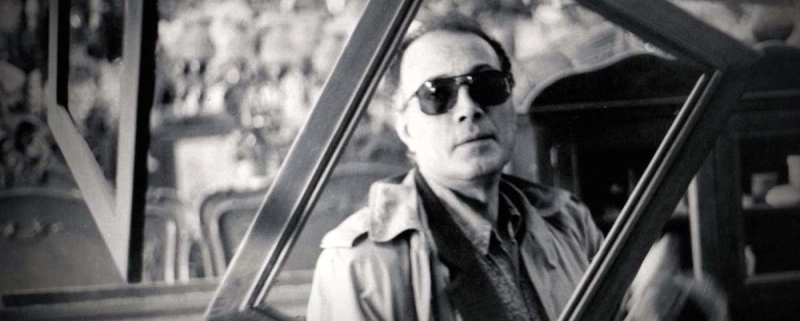
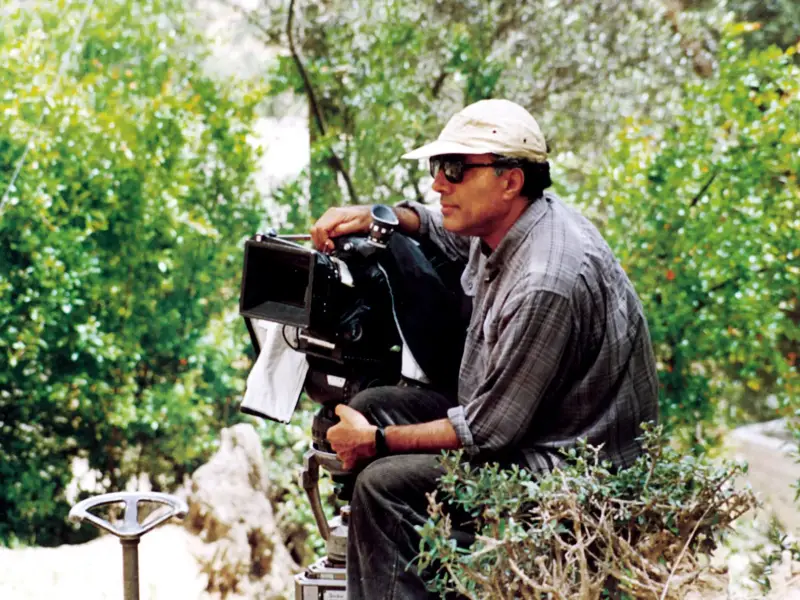
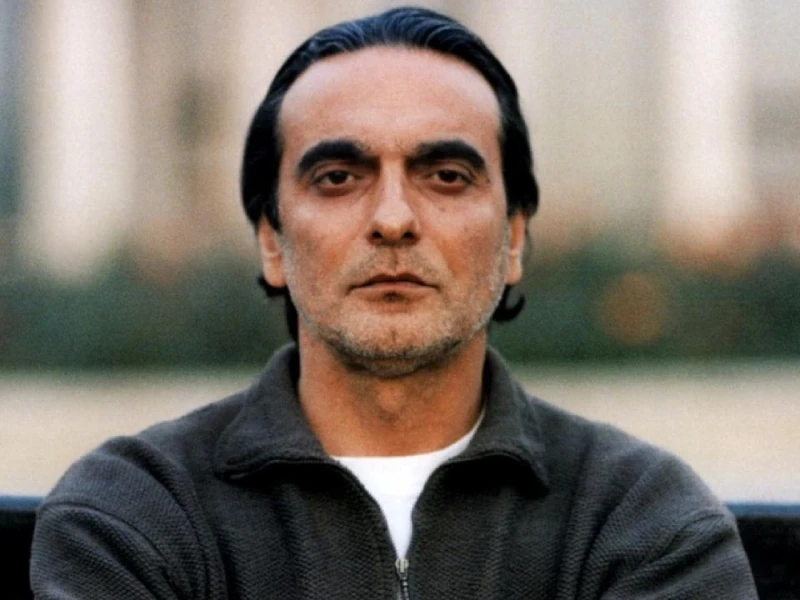
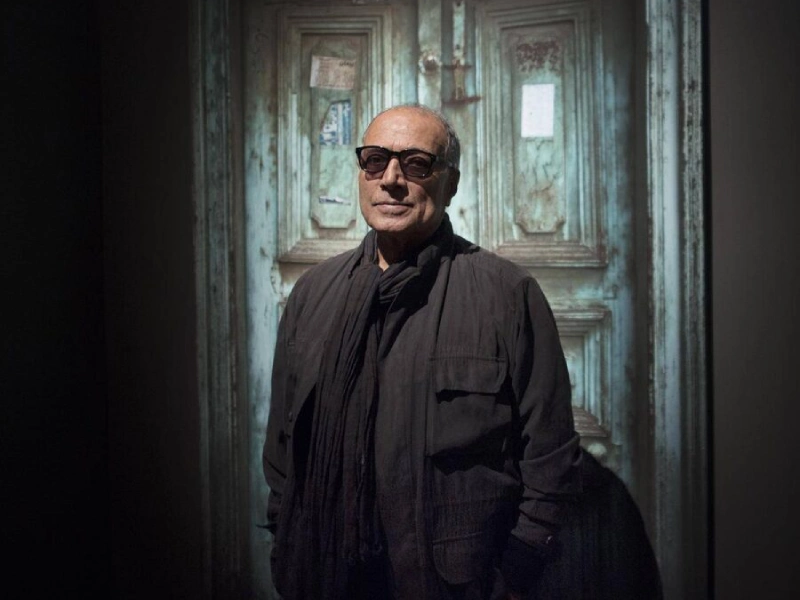

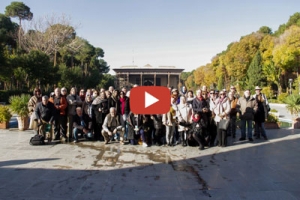


Leave a Reply
Want to join the discussion?Feel free to contribute!